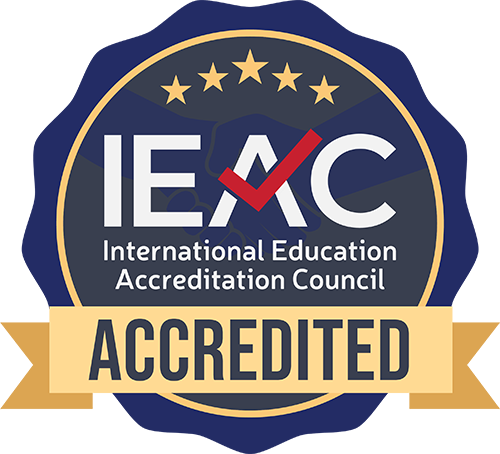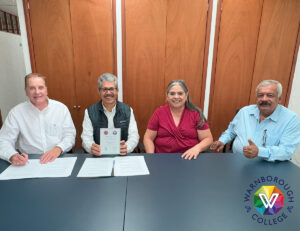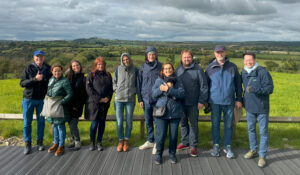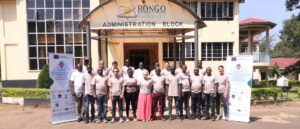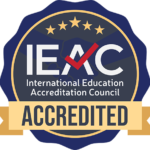In this information age, it is easier than ever to distribute and receive content, yet the much bandied-about term ‘fake news’ is a reminder that a lot of what is available is unreliable. If you are a student, it is obviously important to find reliable information and cite your sources. Wikipedia, the high profile web encyclopedia is often the first place people look when starting their research. However, most universities and colleges do not want their students to use Wikipedia as a source in their essays. You might be wondering why this, so we have included some reasons below. We should point out that it is unlikely colleges and universities are discouraging students to use Wikipedia altogether, so let’s first look at what is good about it:
-
- It is free – anyone can access information on a multitude of topics. Entries are constantly being created, edited and updated, as opposed to normal encyclopedias. Errors can be adjusted and information can be built upon.
- It has standards. Wikipedia insists that its articles are formally cited (specific information is referenced with a number) and there is a list of secondary sources, with links, at the bottom of each article. It also asks that sources be ‘reliable’ (Wikipedia has published a list some potentially unreliable sources that you can refer to)*.
As such, Wikipedia could be good place to begin your research. You can use it to gain a general overview on a topic and use it to find possible secondary sources. It can give you keywords to further investigate your subject.
That all sounds fine, so why shouldn’t you use Wikipedia as a source in your essays? Well, even Jimmy Wales, the founder of Wikipedia, thinks you should not be citing Wikipedia articles.
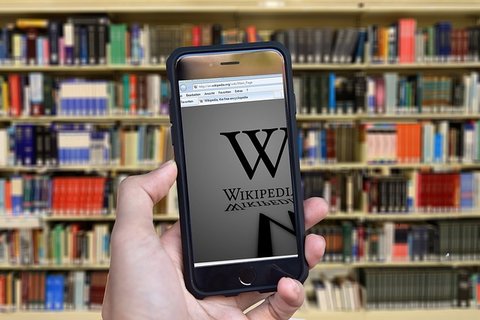
Here are some reasons why you should not use Wikipedia as a source:
- Anyone Can write or edit at any time. What is a strength (as we have seen) is also a weakness. Although Wikipedia has comprehensive guidelines and standards, there is no guarantee that all writers will keep to them.
- Varying quality: There can be a a marked difference in quality from one article to another. Errors are often (but not always) fixed. What you cite today could be edited out tomorrow.
- Anonymous editors: We don’t know who wrote or edited the articles. When you are considering a source, you should ask who wrote it and why you are using it. Philip Bradley, a distinguished librarian told the Guardian in 2004, “the main problem is the lack of authority. With printed publications, the publishers have to ensure that their data are reliable, as their livelihood depends on it.”
- Agendas: In theory, having multiple editors leads to more reliability, but in practice the one who pushes their agenda often wins. In May 2009, student Shane Fitzgerald was conducting research on the the globalization of information. He entered a fake quote on recently-deceased composer Maurice Jarre’s Wikipedia page. This was not attributed to a reliable source and was blocked a few times by other editors. However, Fitzgerald persisted and the quote remained on the page. It was even used by a journalist writing an obituary on Jarre.
- Bias: In 2007, Wired magazine broke a story about Wikiscanner – a publicly-searchable database that tracked IP addresses editing Wikipedia pages. It reported that employees of the CIA had edited entries and voting company Diebold apparently deleted long paragraphs regarding concerns over the integrity of its machines.
Although no money is supposed to change hands, there are well-documented examples of this not being the case. You can find more about this in the link below:
- Wikipedia entries themselves are tertiary sources. You will need to provide secondary sources (like Wikipedia does) or primary ones.
Malicious Entries (known as Vandalizm): this is defined as ‘the addition, removal, or change of content made in a deliberate attempt to compromise the integrity of Wikipedia’.
As Harvard University points out, ‘even though Wikipedia should not be cited as a source in academic research, that doesn’t mean you cannot use it as a reference, or to gain basic understanding of something. Whenever you are looking at source material, even if from an established or notable source, always be cautious.’
Wikipedia’s own disclaimers make it absolutely clear:
Wikipedia says, “We do not expect you to trust us.” It adds that it is “not a primary source” and that “because some articles may contain errors,” you should “not use Wikipedia to make critical decisions.”
Furthermore, as Wikipedia notes in its “About” section, “Users should be aware that not all articles are of encyclopedic quality from the start: they may contain false or debatable information.”
Some other study-related links you might find helpful:

